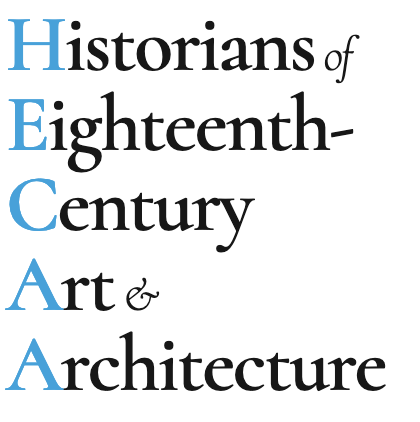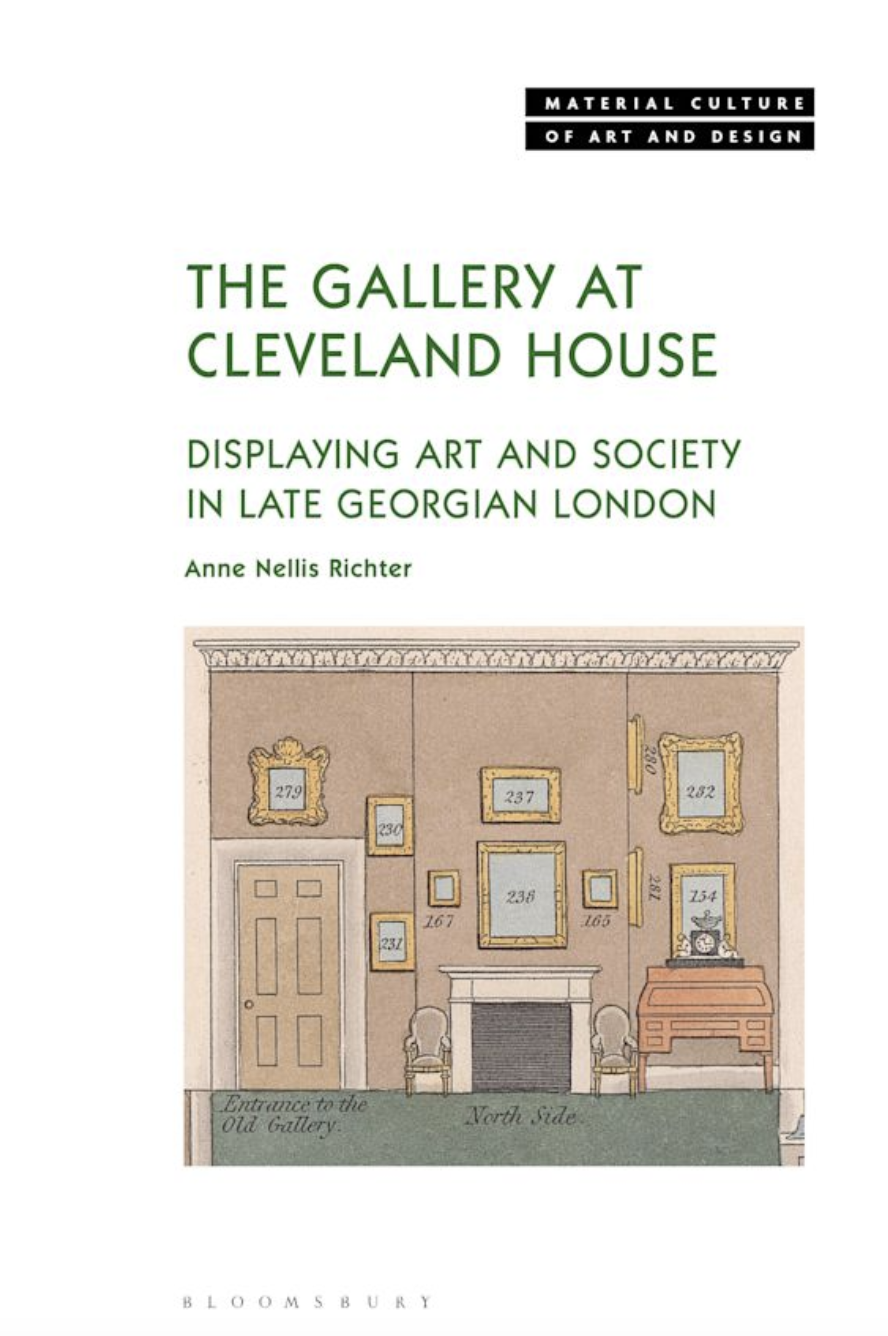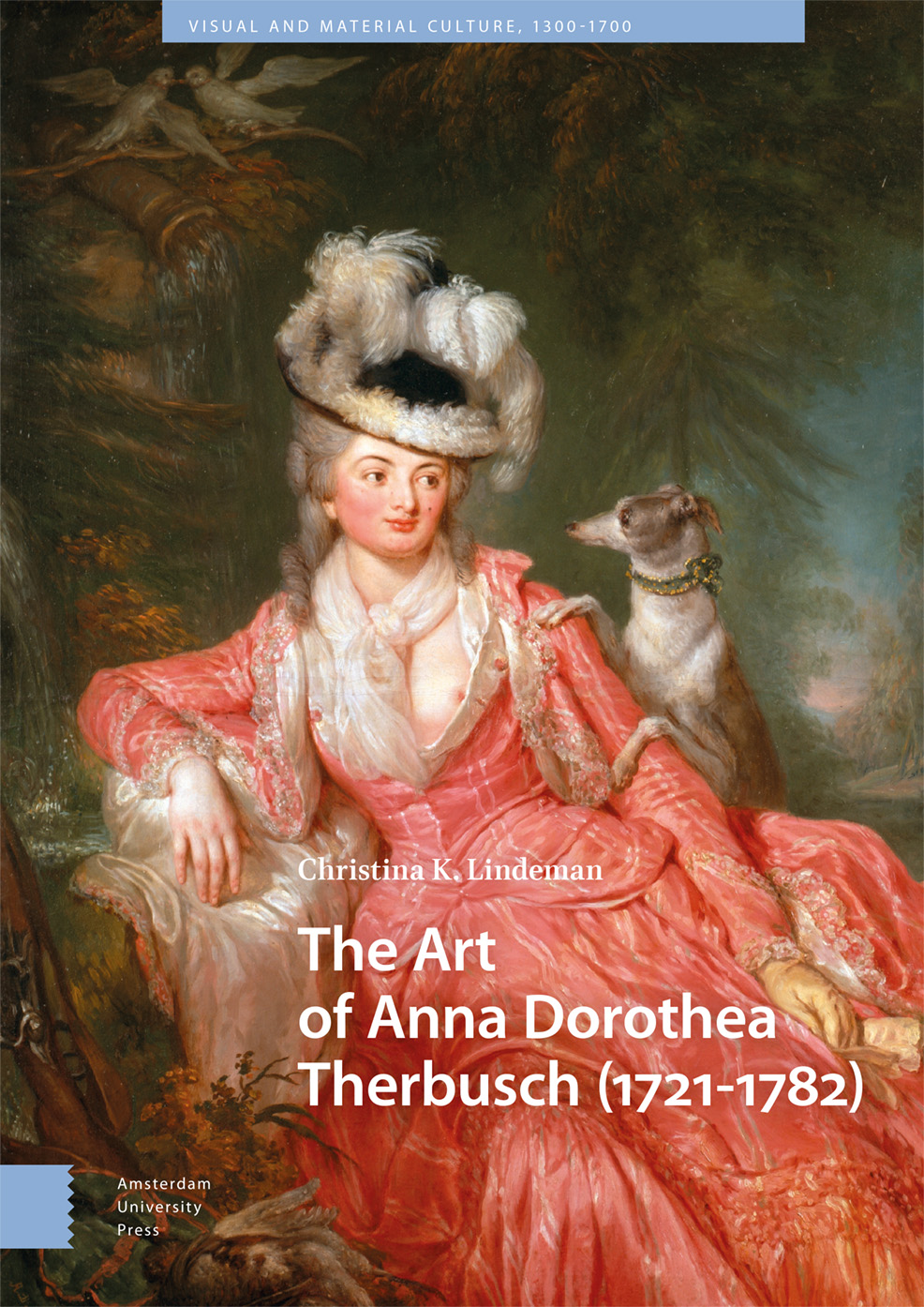Exhibition | Raphaël Barontini: We Could Be Heroes
From the English summary (via ArtFacts) of the exhibition opening this week at the Panthéon (Jessica Fripp’s review of Barontini’s Blue Lewoz appeared in J18 last October) . . .
Raphaël Barontini: We Could Be Heroes
Panthéon, Paris, 19 October 2023 — 11 February 2024
 In October, Raphaël Barontini will unveil a major presentation at the Panthéon in Paris, focusing on the history and the memory of anti-slavery struggle. With this monument of national memory, which honors numerous and important figures in the abolitionist movement (i.e. Condorcet, abbé Grégoire, Toussaint Louverture, Louis Delgrès, Schoelcher, Félix Éboué), Raphaël Barontini aims to shine a spotlight on heroic figures of the fight against slavery. Whether well-known or not, each played critical roles in achieving abolition.
In October, Raphaël Barontini will unveil a major presentation at the Panthéon in Paris, focusing on the history and the memory of anti-slavery struggle. With this monument of national memory, which honors numerous and important figures in the abolitionist movement (i.e. Condorcet, abbé Grégoire, Toussaint Louverture, Louis Delgrès, Schoelcher, Félix Éboué), Raphaël Barontini aims to shine a spotlight on heroic figures of the fight against slavery. Whether well-known or not, each played critical roles in achieving abolition.
The artist has designed a monumental, on-site installation composed of flags and banners in a guard of honor. The north and south transepts will host two panoramic textile installations, Barontini is planning a live performance during the opening: a West Indian carnival procession. The collaborative creation will involve musicians and dancers. In bringing to life the memory of these struggles, they will be interacting with the textile and graphic works installed within the artist’s creation.
New Book | The Revolutionary Temper: Paris, 1748–1789
Coming in November from Norton:
Robert Darnton, The Revolutionary Temper: Paris, 1748–1789 (New York: Norton, 2023), 576 pages, ISBN: 978-1324035589, $45.
 When a Parisian crowd stormed the Bastille in July 1789, it triggered an event of global consequence: the overthrow of the monarchy and the birth of a new society. Most historians account for the French Revolution by viewing it in retrospect as the outcome of underlying conditions such as a faltering economy, social tensions, or the influence of Enlightenment thought. But what did Parisians themselves think they were doing—how did they understand their world? What were the motivations and aspirations that guided their actions? In this dazzling history, Robert Darnton addresses these questions by drawing on decades of close study to conjure a past as vivid as today’s news. He explores eighteenth-century Paris as an information society much like our own, its news circuits centered in cafés, on park benches, and under the Palais-Royal’s Tree of Cracow. Through pamphlets, gossip, underground newsletters, and public performances, the events of some forty years—from disastrous treaties, official corruption, and royal debauchery to thrilling hot-air balloon ascents and new understandings of the nation—all entered the churning collective consciousness of ordinary Parisians. As public trust in royal authority eroded and new horizons opened for them, Parisians prepared themselves for revolution. Darnton’s authority and sure judgment enable readers to confidently navigate the passions and complexities of controversies over court politics, Church doctrine, and the economy. And his compact, luminous prose creates an immersive reading experience. Here is a riveting narrative that succeeds in making the past a living presence.
When a Parisian crowd stormed the Bastille in July 1789, it triggered an event of global consequence: the overthrow of the monarchy and the birth of a new society. Most historians account for the French Revolution by viewing it in retrospect as the outcome of underlying conditions such as a faltering economy, social tensions, or the influence of Enlightenment thought. But what did Parisians themselves think they were doing—how did they understand their world? What were the motivations and aspirations that guided their actions? In this dazzling history, Robert Darnton addresses these questions by drawing on decades of close study to conjure a past as vivid as today’s news. He explores eighteenth-century Paris as an information society much like our own, its news circuits centered in cafés, on park benches, and under the Palais-Royal’s Tree of Cracow. Through pamphlets, gossip, underground newsletters, and public performances, the events of some forty years—from disastrous treaties, official corruption, and royal debauchery to thrilling hot-air balloon ascents and new understandings of the nation—all entered the churning collective consciousness of ordinary Parisians. As public trust in royal authority eroded and new horizons opened for them, Parisians prepared themselves for revolution. Darnton’s authority and sure judgment enable readers to confidently navigate the passions and complexities of controversies over court politics, Church doctrine, and the economy. And his compact, luminous prose creates an immersive reading experience. Here is a riveting narrative that succeeds in making the past a living presence.
Robert Darnton is Carl H. Pforzheimer University Professor and University Librarian, Emeritus, at Harvard University. He is the author of many acclaimed, widely translated works in French history that have won the Los Angeles Times Book Prize and the National Book Critics Circle Award. A scholar of global stature, he is a Chevalier in the Légion d’honneur and winner of the National Humanities Medal. He lives in Cambridge, Massachusetts.



















leave a comment